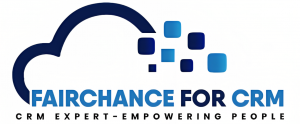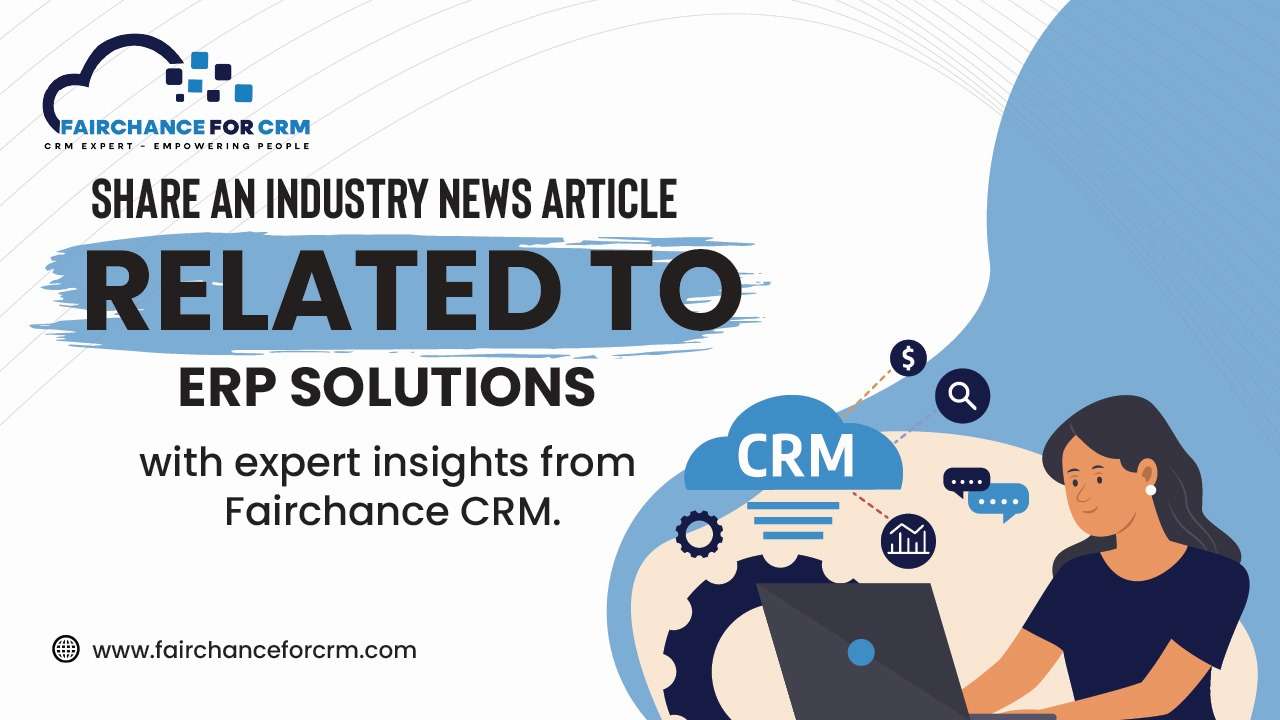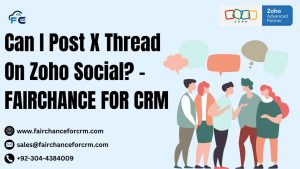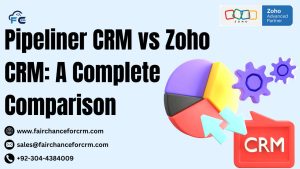ERP stands for Enterprise Resource Planning; ERP Solutions are vital for businesses and are beneficial in streamlining operations, improving productivity, and achieving the set goals of any organization. By combining different business processes in a uniform system, ERP provides complete information on managing resources, which is necessary to improve efficiency and decision-making capabilities. Here are some benefits of using ERP and how to implement ERP.
Also Read:
Understanding ERP Solutions
ERP systems are software platforms that combine and manage core business processes, such as finance, human resources (HR), manufacturing, and supply chain management. ERP provides real-time data visibility and complete operational coherence by applying all these functions into a single system.
Benefits of ERP Solutions
- Improved Efficiency: ERP is automatic. It automates daily routine tasks and provides seamless access to critical information. It reduces the time and effort required for different business processes. ERP Automation makes accurate Work and minimizes errors. ERP allows employees to focus on strategic activities, automatically making Work more accessible and faster.
- Enhanced Decision Making: ERP works on integrated data, which is integrated data from business functions. ERP gives a comprehensive view of organizational performance and revenue. This centralized data repository enables informed decision-making based on real-time insights by Fairchance for CRM.
- Cost Savings: ERP solutions help the organization cut costs by providing optimized resource management and streamlined processes, leading to better financial health and improved productivity.
- Scalability: Modern ERP systems are manufactured to grow the business and new products, increase the workforce, support expansion, and ensure continued relevance and value delivery, so ERP improves an organization’s scalability.
Implementation Insights from Fairchance For CRM Experts
- Comprehensive Planning: Successful ERP implementations start with thorough planning, defining the system’s clear objectives, understanding the business requirements, and setting realistic timelines for better growth.
- Stakeholder Engagement: Stakeholder engagement is a critical part of any system. Involving stakeholders from the outset helps to identify and point out the specific needs and challenges, ensuring smoother attention and reducing resistance to change.
- Change Management: Effective change management strategies, including training programs, regular communication, and support structures, are an essential part of ERP. These strategies help employees adapt to the new system and enhance the organization’s productivity.
- Choosing the Right Vendor: Evaluating vendors based on industry experience, solution capabilities, and customer support is crucial, and everyone’s priority is always trying to set the right render. Seeking references and case studies can provide insights into the vendor’s track record and all the Work done by the ERP.
- Customization vs. Standardization: The vital role is to balance customization and standardization. ERP Modules reduce the complexity and cost while addressing specific business needs and demands in the market
Challenges and Mitigation Strategies (ERP Solutions)
- Data Migration: The first challenge is data Migration. Transferring data from a legacy system to a new ERP requires a particular approach and validation, including data cleansing and testing, to make the data accurate and integral.
- Integration with Existing Systems: Integrating the ERP with another system is the most complex. It takes time and accuracy. Middleware and APIs facilitate smoother integration and effective communication between systems.
- Continuous Improvement: ERP implementation is an ongoing process. It includes Continuous monitoring, periodic reviews to ensure the ERP Systems remain aligned with evolving business needs, regular updates, and technological advancements.
FAQS
What type of software is ERP?
Businesses use enterprise resource planning (ERP) software to handle routine tasks, including supply chain management, project management, accounting, procurement, and risk management.
Is ERP a software or tool?
Enterprise resource planning, or ERP, is a type of software system that assists businesses in automating and managing essential company operations for peak performance.
What are the five components of ERP?
Five standard components of ERP systems are
- Accounting and financial management
- Human resources or human capital management
- Customer relationship management
- Business intelligence
- Supply chain management
For more information about the ERP Solutions With Expert Insights, visit this link.
If you want to Free Trail Zoho, click on this link.




